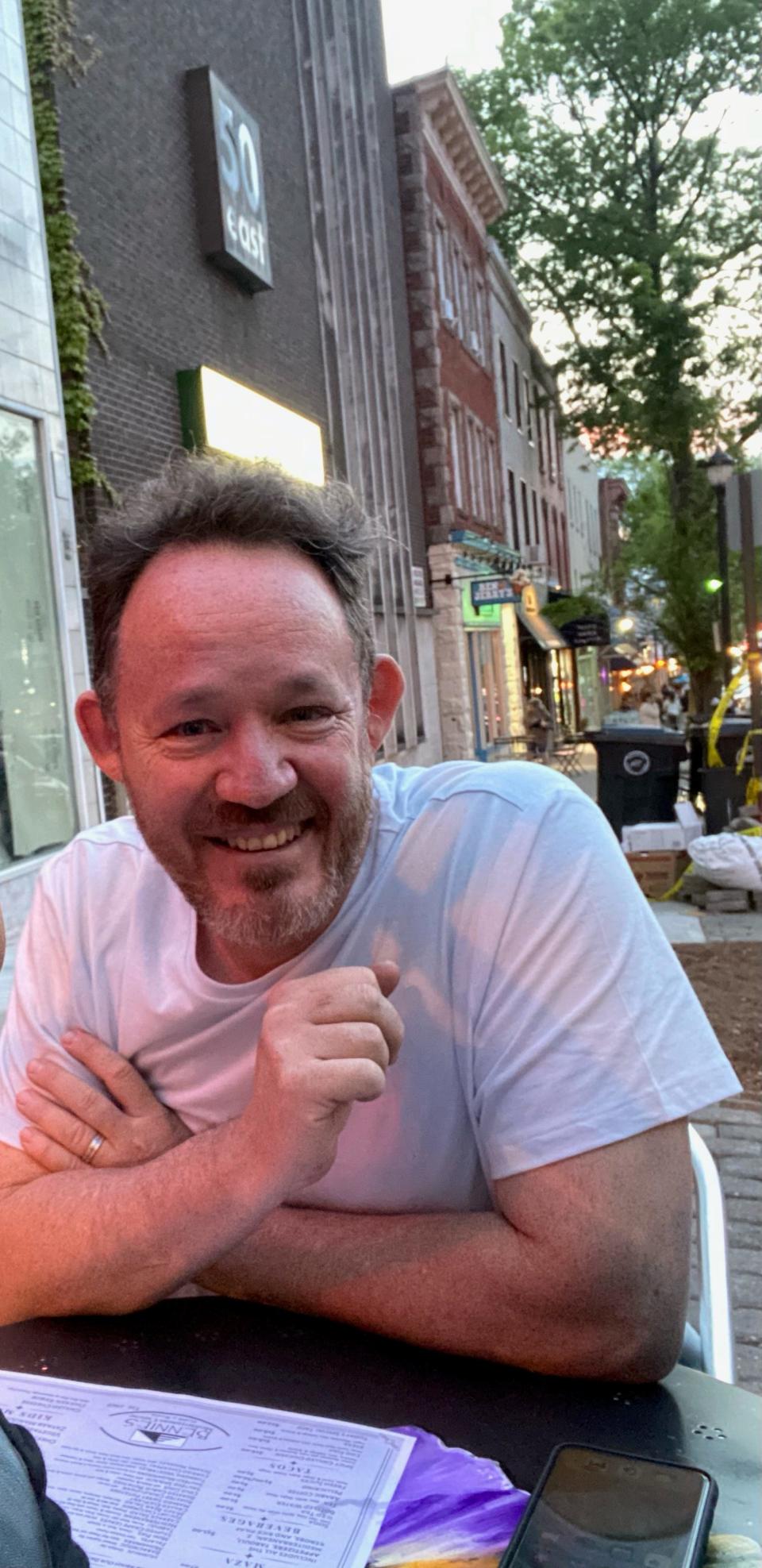Affordable housing plan threatens Englewood's rich history and diversity
In the 1970s, Englewood finished construction of three public housing projects. Most of these units went to residents of the city’s historic African American 4th Ward neighborhood, once known as “Little Texas.” Englewood has retained its commitment to these three projects even as cities across the country turned against public housing. Chicago tore down Cabrini-Green, Los Angeles demolished Aliso Village and Atlanta annihilated its entire stock of 14,000 units of low-income housing. But Englewood’s Rock Creek, King Gardens and Park View still stand and are occupied by resilient, deeply rooted families that built Englewood.
In the 1980s, as conservative hostility to “big” government and privatization spread, states like New Jersey turned away from public housing projects for the poor toward privately built and maintained “affordable” housing units for the working and middle class. In New Jersey, the Mount Laurel rulings and subsequent affordable housing acts led to the creation of thousands of such “affordable” units in once exclusively wealthy white suburbs. Even though Mount Laurel wasn't intended for diverse towns like Englewood, the city has welcomed and received more than its fair share of these “affordable” units.
Englewood’s historic commitment to low-income and “affordable” housing has helped it retain a unique diversity of racial and ethnic groups and a striking range of social classes at a time when many cities are becoming gentrified and more homogenous. Englewood residents take pride in the city’s diversity. Although its schools remain predominantly Black and brown, there are many spaces where its diverse residents and neighbors interact to talk, laugh and share recipes and gardening tips.
Englewood’s diversity, however, is threatened by the recent City Council acceptance of a court-approved affordable housing plan. If the plan is implemented, real estate developers could build thousands of housing units in 15 specially designated affordable housing overlay zones. While some homeowners will benefit from buyout offers, others, with deep love for and investment in their homes and neighborhoods, will be forced out by the coercive pressures of development. The homeowners who don’t sell and those outside the zones will be left in a city with the constant nuisance of construction, dangerous traffic, overcrowded schools, atomized neighborhoods, less green space and more flooding. It’s possible these new developments, which require only 20% affordable units, will also drive up rents and home prices across the city, making it impossible for working-class Black and Latino families to afford a house in one of the most convenient and vibrant suburbs in New Jersey.
More: Englewood residents voice opposition to proposed affordable housing zoning plan
Englewood will also lose much of its rich history, especially its 3rd and 4th ward Black and immigrant communities. One house that might disappear was owned by the city's first Black prosecutor, Theodore Hinton, the grandson of Englewood’s Nancy Lee Sears, who was formerly enslaved by Robert E. Lee in Virginia. Alexander Jackson, co-founder of Negro Achievement Week, later Black History Month, lived in another zoned house. We will also lose the houses of the less-known residents, the coaches, teachers, nurses, domestics, chauffeurs, factory workers, firefighters, police, small-business owners, soldiers and many more who built Englewood, a city that has birthed and raised and been home to John Travolta, Dizzy Gillespie, Sarah Vaughn, Cindy Mizelle, Regina Belle, Slam Stewart, the Mizell Brothers, Freddie Perren, Vince Lombardi, Andy Razaf, Sylvia and Joe Robinson, Tony Bennett and many more.
It would be ironic if New Jersey’s affordable housing laws have become tools used by developers to actually reduce the number of affordable units, displace its Black and brown residents, and destroy the rich historical archives that remain inside these houses and the people who live in them. We cannot allow this to happen, and we can do better.
David Colman was born and raised in Englewood. He and his wife are raising their two sets of twins, ages 6 and 9, in the 3rd Ward, where they attend the public schools. He is an associate professor of African American history at Ramapo College and has received a grant from the New Jersey Council for the Humanities that will finance his initiative “Englewood Makes History,” which would chronicle the lives of African American residents in Englewood's 4th Ward and immigrant communities in the 3rd Ward and the challenges they faced.

This article originally appeared on NorthJersey.com: Englewood NJ affordable housing plan threatens diversity, history.

